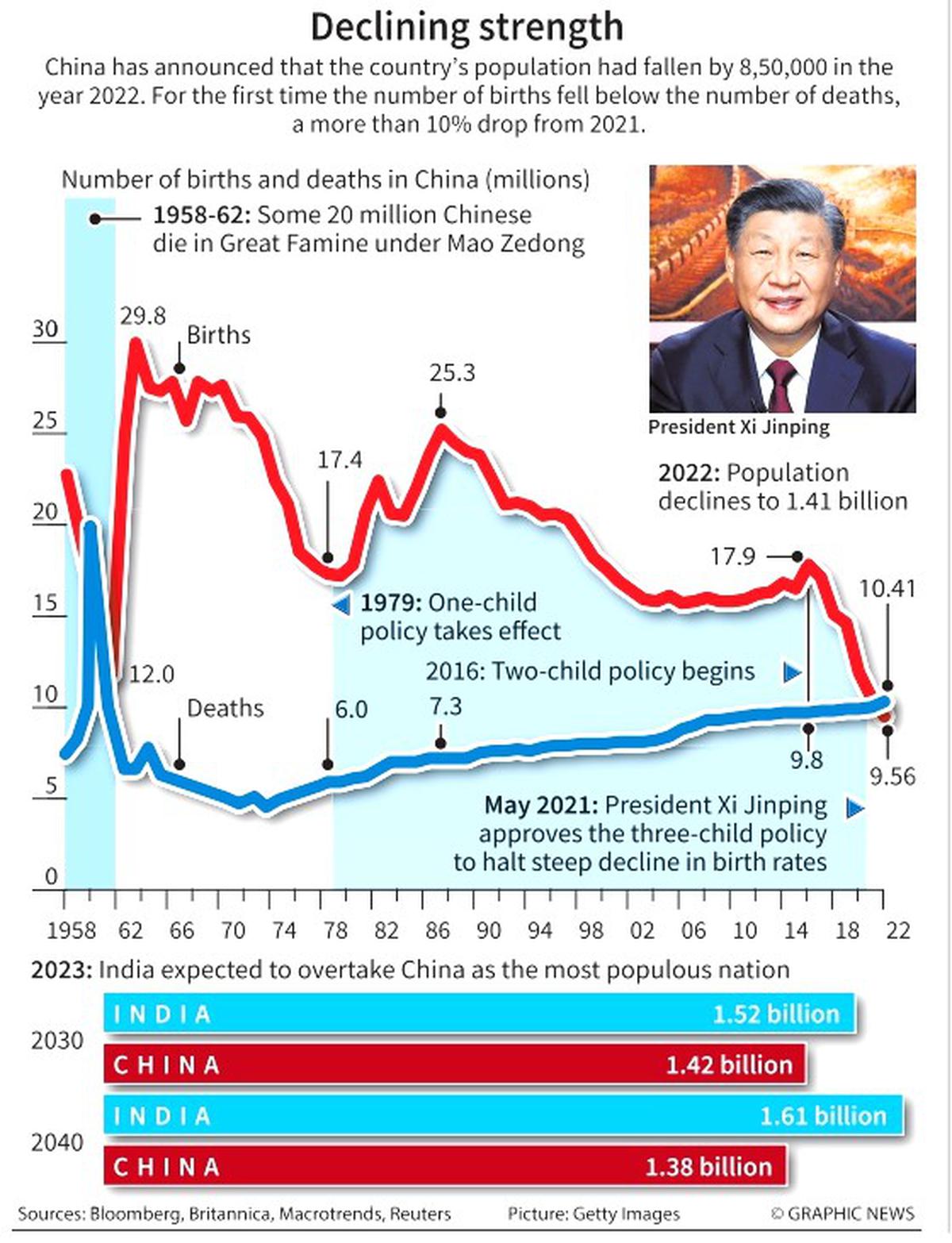Financial Disparity And Relationship Satisfaction: A Couple's Guide

Table of Contents
Understanding the Impact of Financial Disparity on Relationships
Financial stress is a major contributor to relationship dissatisfaction. When couples face significant differences in income, debt levels, or spending habits, it can create a breeding ground for conflict and resentment. This section will delve deeper into how financial disparity manifests in relationships.
Stress and Conflict
Financial stress is a significant predictor of relationship dissatisfaction. Disparities can lead to power imbalances, resentment, and frequent arguments. The constant worry about money can overshadow other aspects of the relationship, creating distance and unhappiness.
- Debt from one partner: Significant debt from one partner can create immense pressure on the entire relationship, leading to arguments and feelings of unfairness. This debt can impact joint financial goals and create a sense of instability.
- Discrepancies in earning potential: Differences in income can create feelings of inadequacy or resentment. One partner may feel burdened by financial responsibility, while the other may feel less valued or less capable. This imbalance can impact self-esteem and contribute to relationship conflict.
- Different spending habits: Clashing spending habits are a common source of conflict. One partner may be a saver, while the other is a spender, leading to disagreements about budgeting and financial priorities. This can create tension and a feeling of being financially out of sync.
Communication Breakdown
Financial issues often become a proxy for deeper communication problems. Avoidance and a lack of transparency exacerbate the situation, creating a cycle of mistrust and resentment.
- Unwillingness to discuss finances openly: A reluctance to discuss finances openly can breed secrets and mistrust. Hidden debts or spending habits can shatter trust and damage the foundation of the relationship.
- One partner feeling unheard or ignored: When one partner expresses financial concerns and feels ignored or dismissed, it creates feelings of resentment and disconnection. This can lead to simmering anger and unresolved issues.
- Lack of shared financial goals: The absence of shared financial goals can create conflict and a sense of disconnect. Without a shared vision for the future, couples may struggle to work together toward common financial objectives.
Strategies for Managing Financial Disparity
Addressing financial disparity requires proactive steps towards open communication, collaborative planning, and seeking professional help when necessary. This section outlines strategies for couples to navigate these challenges effectively.
Open and Honest Communication
Regularly discussing finances is paramount. Create a safe space to share concerns and openly discuss financial goals, both short-term and long-term. Honest conversations are crucial to building financial trust and resolving conflicts.
- Schedule dedicated time for financial conversations: Make it a regular date! Dedicate specific time slots to discuss finances without distractions or interruptions.
- Practice active listening and empathy: Try to understand each other's perspectives and feelings. Avoid interrupting and show genuine interest in your partner's viewpoint.
- Seek professional help from a therapist or financial advisor: Don't hesitate to seek professional help if you struggle to communicate effectively or resolve financial conflicts independently.
Collaborative Financial Planning
Develop a shared budget and financial goals. Involve both partners in the decision-making process, ensuring both voices are heard and respected. This fosters a sense of teamwork and shared responsibility.
- Create a joint budget that reflects both partners' income and expenses: A joint budget provides transparency and allows both partners to see the overall financial picture.
- Set shared financial goals: Work together to define shared financial goals, such as saving for a down payment on a house, retirement planning, or family vacations.
- Establish clear roles and responsibilities for managing finances: Clearly define who handles which financial tasks to avoid confusion and ensure accountability.
Seeking Professional Guidance
Consider consulting a financial advisor or therapist to help navigate complex financial issues and improve communication. Professional guidance can offer valuable tools and support.
- A financial advisor can help create a personalized financial plan: A financial advisor can assist with budgeting, debt management, investment strategies, and retirement planning.
- A therapist can help improve communication and resolve conflicts stemming from financial stress: Therapy can provide a safe space to address underlying emotional issues related to money and improve communication skills.
- Consider pre-marital counseling: Addressing financial expectations early in the relationship can prevent future conflicts.
Conclusion
Financial disparity can significantly impact relationship satisfaction, but with open communication, collaborative financial planning, and professional help when needed, couples can navigate these challenges successfully. Addressing financial concerns proactively is key to building a strong and lasting relationship. By implementing these strategies, you can foster trust, reduce conflict, and build a more secure and fulfilling financial future together. Remember, addressing financial disparity is a crucial step towards building a healthier and happier relationship. Don't hesitate to seek help – it's a sign of strength, not weakness. Start improving your relationship satisfaction by tackling your money problems head-on. Take control of your financial future and strengthen your relationship today!

Featured Posts
-
 How Do Viewers And Juries Vote In Eurovision
May 19, 2025
How Do Viewers And Juries Vote In Eurovision
May 19, 2025 -
 The Eus Shrinking Population Impact Of Policy Tightening
May 19, 2025
The Eus Shrinking Population Impact Of Policy Tightening
May 19, 2025 -
 Australias Junior Eurovision Absence Confirmed For 2025
May 19, 2025
Australias Junior Eurovision Absence Confirmed For 2025
May 19, 2025 -
 Lyon To Punish Fonseca For On Field Referee Argument
May 19, 2025
Lyon To Punish Fonseca For On Field Referee Argument
May 19, 2025 -
 Gazze De Yerinden Edilenlerin Yasam Kosullari Ve Insan Haklari
May 19, 2025
Gazze De Yerinden Edilenlerin Yasam Kosullari Ve Insan Haklari
May 19, 2025
